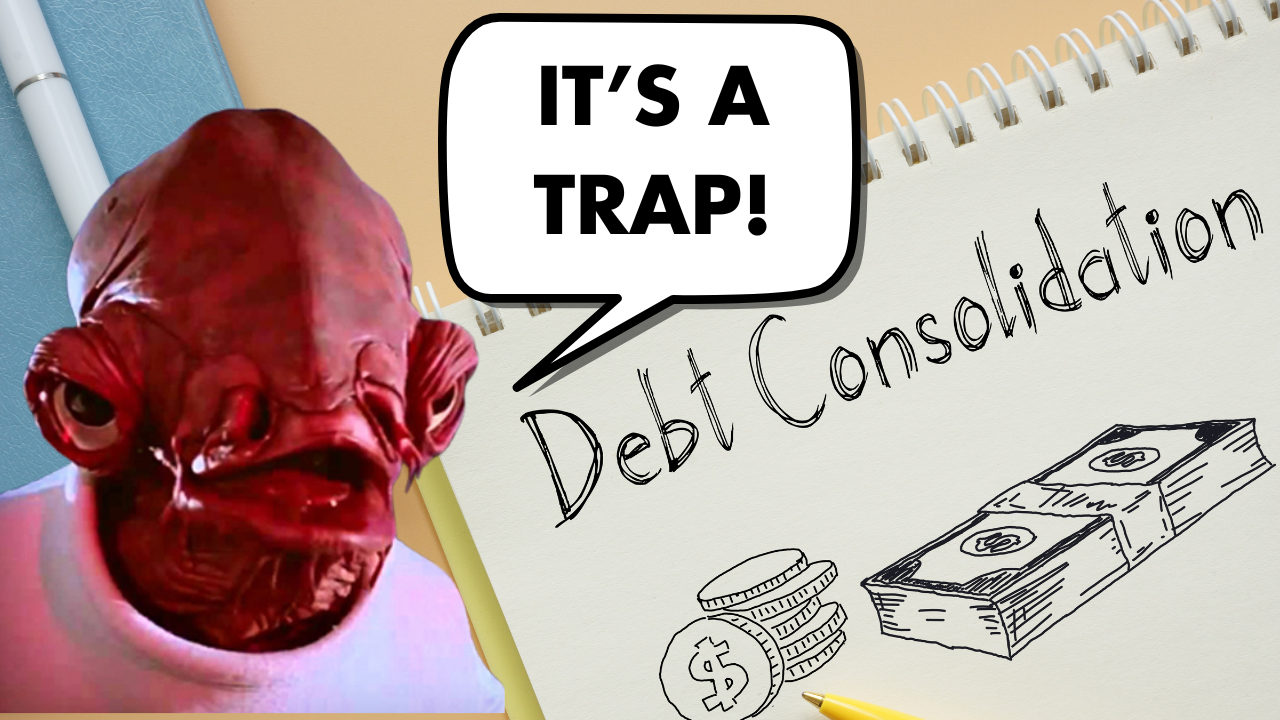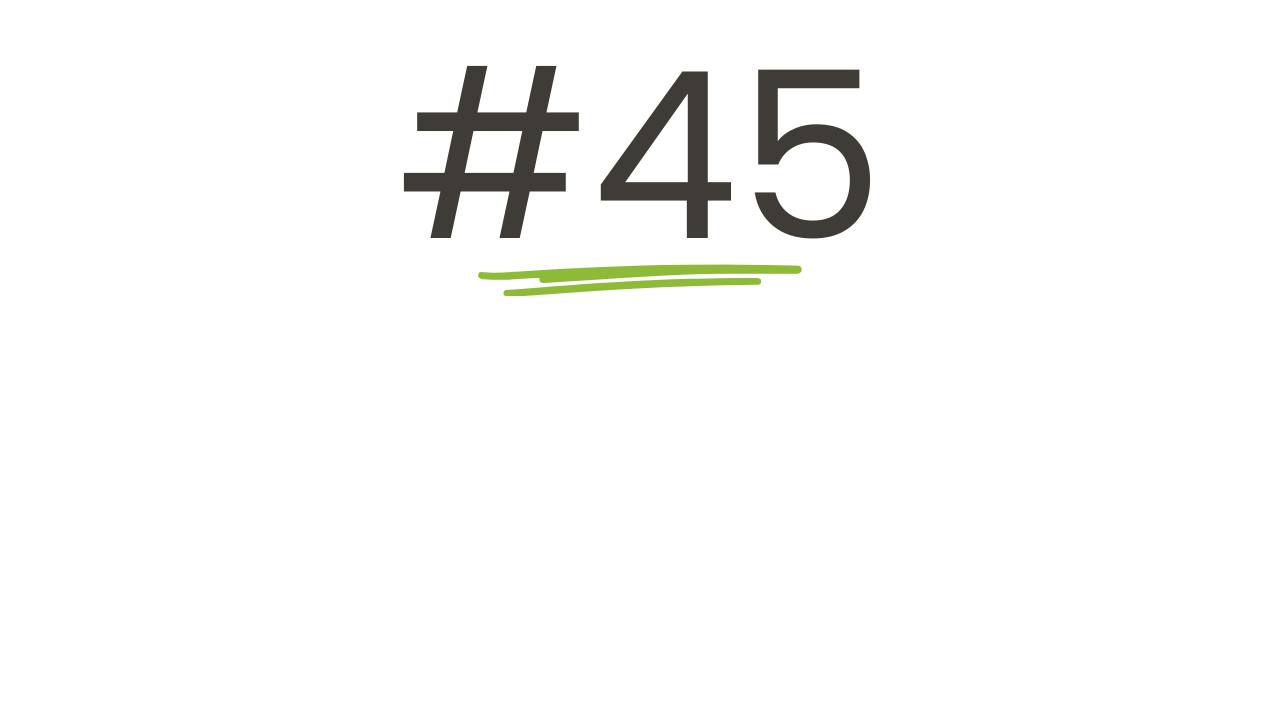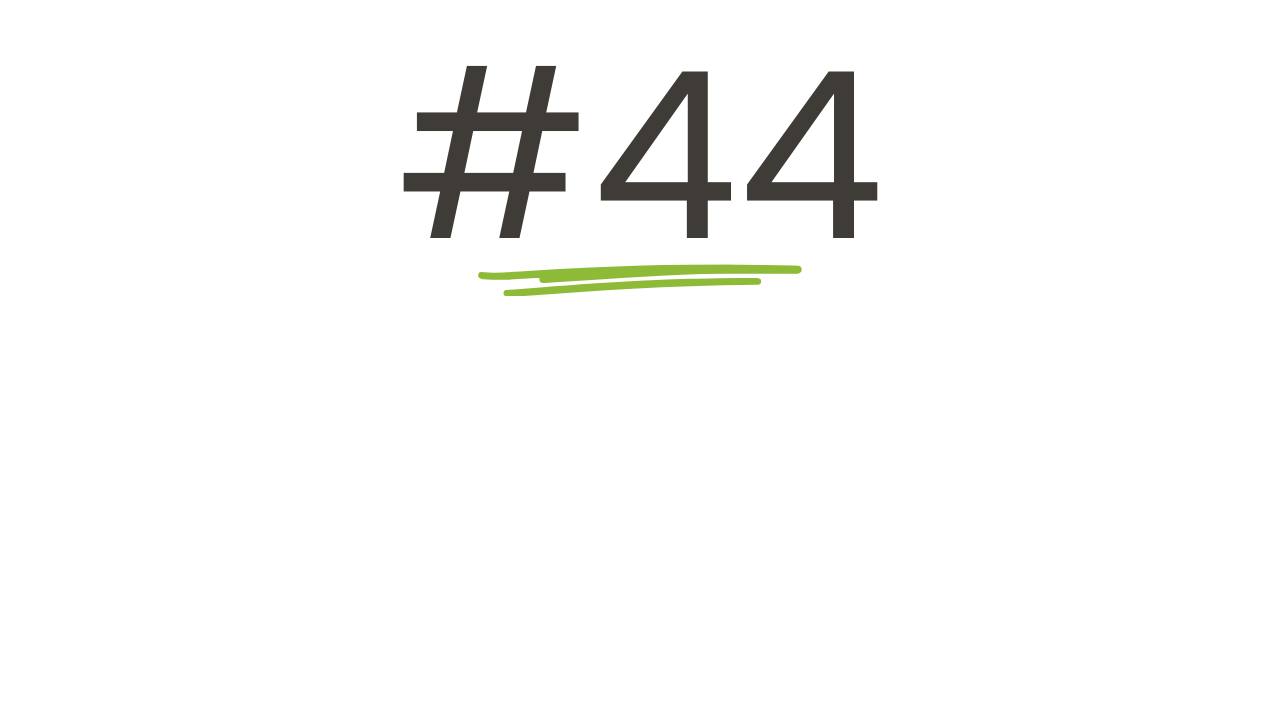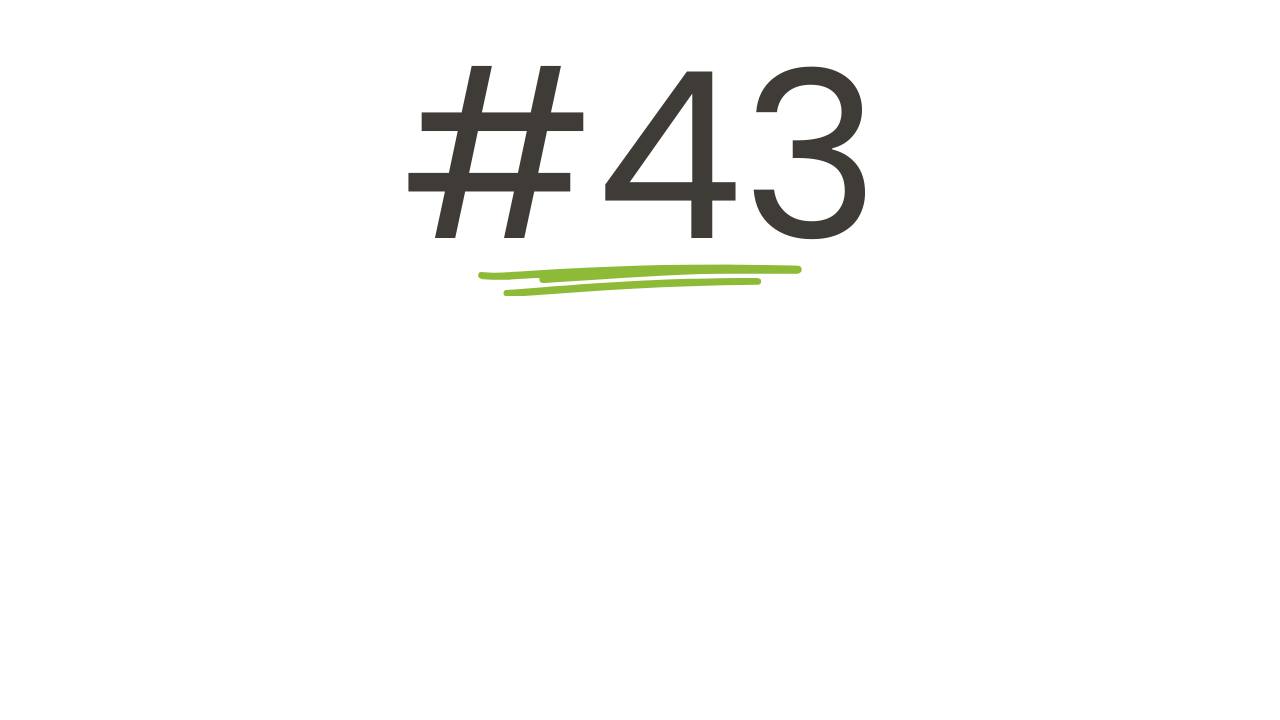The Debt Consolidation Trap

Debt consolidation can be a powerful tool when used correctly. The idea is straightforward: you take out a new, single loan to pay off multiple existing debts. This can simplify your finances by giving you just one monthly payment to manage, and potentially a lower interest rate, which could save you money and help you get out of debt faster. Sounds great, right? And for some, it is.
The truth is that you can have success with debt consolidation but you need to be very careful before making it a go to strategy that you think will solve your problem.
The Dangers of Debt Consolidation
However, there’s a darker side to this strategy, one that many debt consolidation companies won’t advertise. It's a clever bit of marketing spin that can be incredibly deceptive. You'll hear phrases like, "Congratulations, you've paid off your credit cards!" or "Become debt-free faster!" They sell you on the feeling of a clean slate. And who doesn't want that? The weight of those multiple bills lifted, the endless juggling act over.
But here's the hard truth they often gloss over: you haven't actually paid off anything. You've just moved your debt around. Think of it like this: you have a bunch of heavy boxes cluttering up your living room. A company comes along and says, "We'll get rid of all these boxes for you!" So they come in, pack all your smaller boxes into one giant crate, and move it into your garage. Is your living room clean? Yes. Are the boxes gone? Absolutely not. You still have to deal with the giant crate in the garage; it's just in a different place.
That’s exactly what happens with debt consolidation. Your credit card balances may be zero, but you now owe the same amount of money to a new lender. The debt isn’t gone; it has just changed its address.
This is where the real danger lies. The very act of clearing your credit card balances can create a powerful and dangerous illusion of financial health. Psychologically, you feel like you've made a huge step forward. You see those zero balances and think, "I did it! I'm free!" That feeling of relief can be so intoxicating that it makes it incredibly easy to fall back into old patterns.
A TransUnion study found that while consumers who consolidated credit card debt saw an initial decrease in their balances, for many, those balances returned to near previous levels within 18 months.
Before you know it, you're tapping your credit card for gas, then for groceries, and then for a "well-deserved" night out. You tell yourself it's just a small amount and you'll pay it off at the end of the month. But the old habits that got you into debt in the first place haven't disappeared. And now, you're in an even more precarious position. You have the new, large consolidation loan payment every month, and you're racking up new debt on the very credit cards you just "paid off."
So Why do we end up using our credit cards again?
The reason so many of us find ourselves staring at new credit card balances just a few months later has almost nothing to do with the loan itself. It has everything to do with the fact that we never addressed the very things that marched us into debt: our daily habits, our reflexive behaviors, and our in-the-moment choices.
Let's break it down.
Our Automated Habits: The Mindless Swipes
Habits are the things we do on autopilot. They’re the tiny, automatic decisions that our brain loves because they save energy. When it comes to money, this can be disastrous. It’s the daily $6 coffee you grab on the way to work without a second thought. It’s the Amazon "Buy Now" button you click for something under $20 because it’s "just a few bucks." It’s the subscription service you forgot you even had, quietly siphoning money from your account each month.
None of these individual actions feel like a big deal. They don't set off alarm bells in our heads. But debt is rarely the result of one terrible financial decision. More often, it's the slow, silent accumulation of a thousand tiny, mindless swipes. When you consolidate your debt, you pay off the result of these habits, but you don't erase the habits themselves. The muscle memory of swiping that card for small, everyday comforts and conveniences is still there, ready to be flexed the moment you feel a little stress or boredom.
Our Ingrained Behaviors: The Emotional Reactions
Behaviors are a step up from habits; they are our broader patterns of action, often driven by our emotions. For many of us, spending isn't just a transaction—it's a coping mechanism.
- The "I Deserve It" Behavior: Had a terrible day at work? You deserve a shopping spree. Feeling down? A new gadget will provide a quick hit of dopamine. We behave as if spending money is a valid reward or a therapy session.
- The "Financial Denial" Behavior: This is a big one. It's the conscious avoidance of looking at your bank account or opening your credit card bills. You know it’s bad, so you choose not to look, pretending the problem doesn't exist. This behavior allows small issues to snowball into massive crises.
- The "Lifestyle Inflation" Behavior: After consolidating, the pressure is off. You might feel "richer" because you have more cash flow and available credit. This leads to a subtle but dangerous shift in behavior where your spending level rises to meet this new, false sense of wealth. You start eating out more, planning more expensive vacations, and justifying bigger purchases simply because you can.
A consolidation loan does absolutely nothing to fix these deep-seated emotional triggers. The urge to spend your way out of a bad mood doesn't disappear just because your Visa balance is zero.
Our Conscious Choices: The Lack of a Plan
Every day, we make conscious choices about our money. The problem is, without a roadmap, we're making those choices in a vacuum. This is where a budget comes in. A budget isn't bad; it's a set of choices that you create with a clear head.
When you don't have a budget, every purchase becomes an isolated, in-the-moment choice. "Should I buy these shoes?" The answer, without a plan, is often, "Why not?" You haven't assigned that $100 to anything else, so it feels like free money.
This is the ultimate freedom and the ultimate trap. By failing to make a conscious choice to create a financial plan, we are choosing to let our emotions and impulses make our financial decisions for us. We choose to react to sales, temptations, and social pressures rather than directing our money toward what truly matters to us—like staying out of debt for good.
Until we do the hard work of building new habits, addressing our emotional spending behaviors, and making the proactive choice to follow a plan, that "paid off" credit card is justwaiting to be used again. And the reality for many is, it will be used again.
A 2023 survey by Forbes Advisor found that only 4% of respondents believed they would remain debt-free after paying off their debt consolidation loan.
Should you consider Debt Consolidation?
In our opinion before you even consider debt consolidation, it's crucial to be brutally honest with yourself. Why are you in debt? Was it a one-time emergency, or is it the result of consistent overspending? Tracking your expenses for a month or two can be a real eye-opener. Once you understand habits, behaviors and choices, you can start to make meaningful changes. This might mean creating a realistic budget for the first time, finding ways to cut back on non-essential spending, or even looking for ways to increase your income.
Remember, the goal isn't just to get out of debt; it's to stay out of debt. And that requires a long-term shift in your mindset and your habits. Don't let a clever marketing slogan derail your journey to true financial freedom.
If you change your habits, behaviors and choices then debt consolidation can be a tool to help you climb out of debt. Without that change you risk digging yourself a bigger hole to climb out of.





Responses